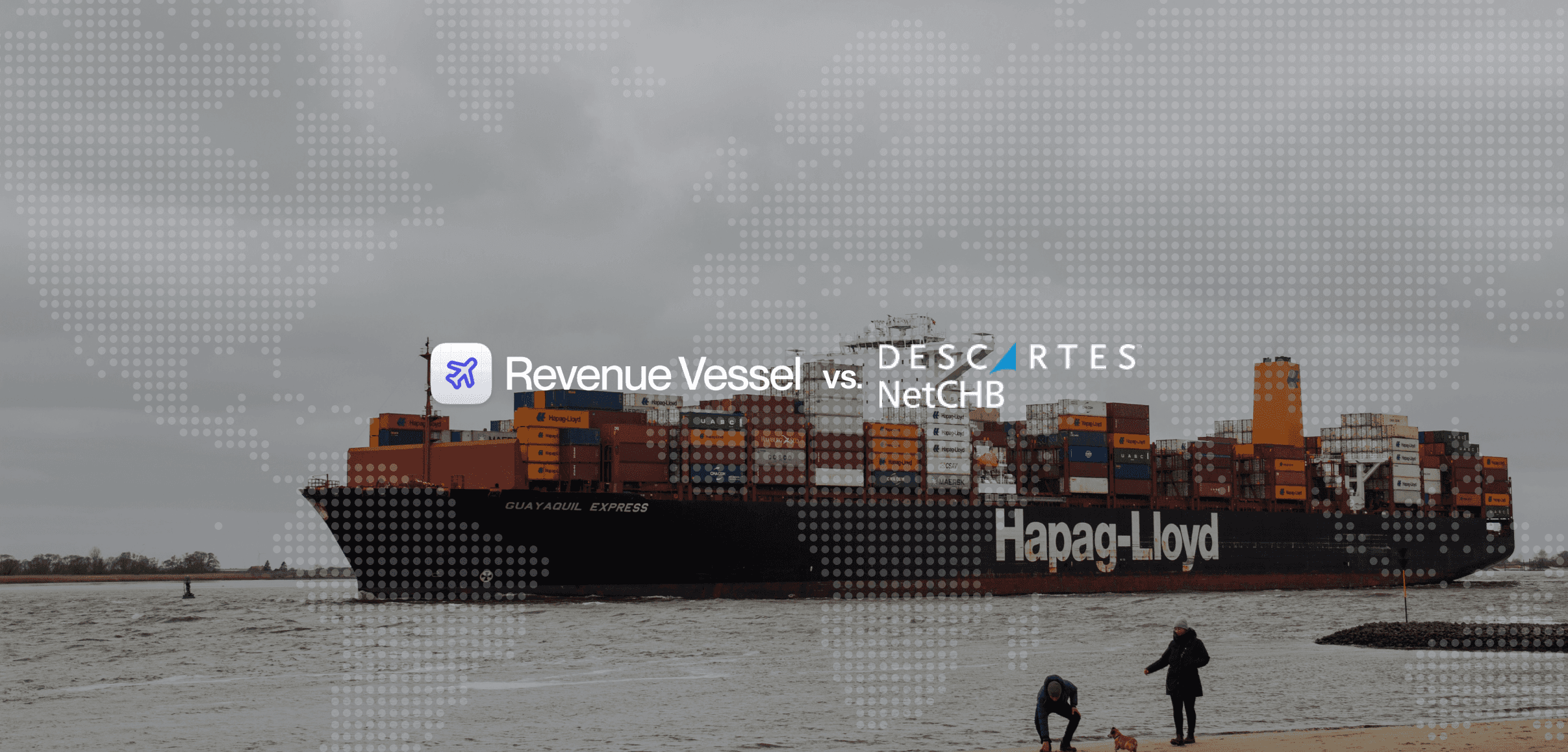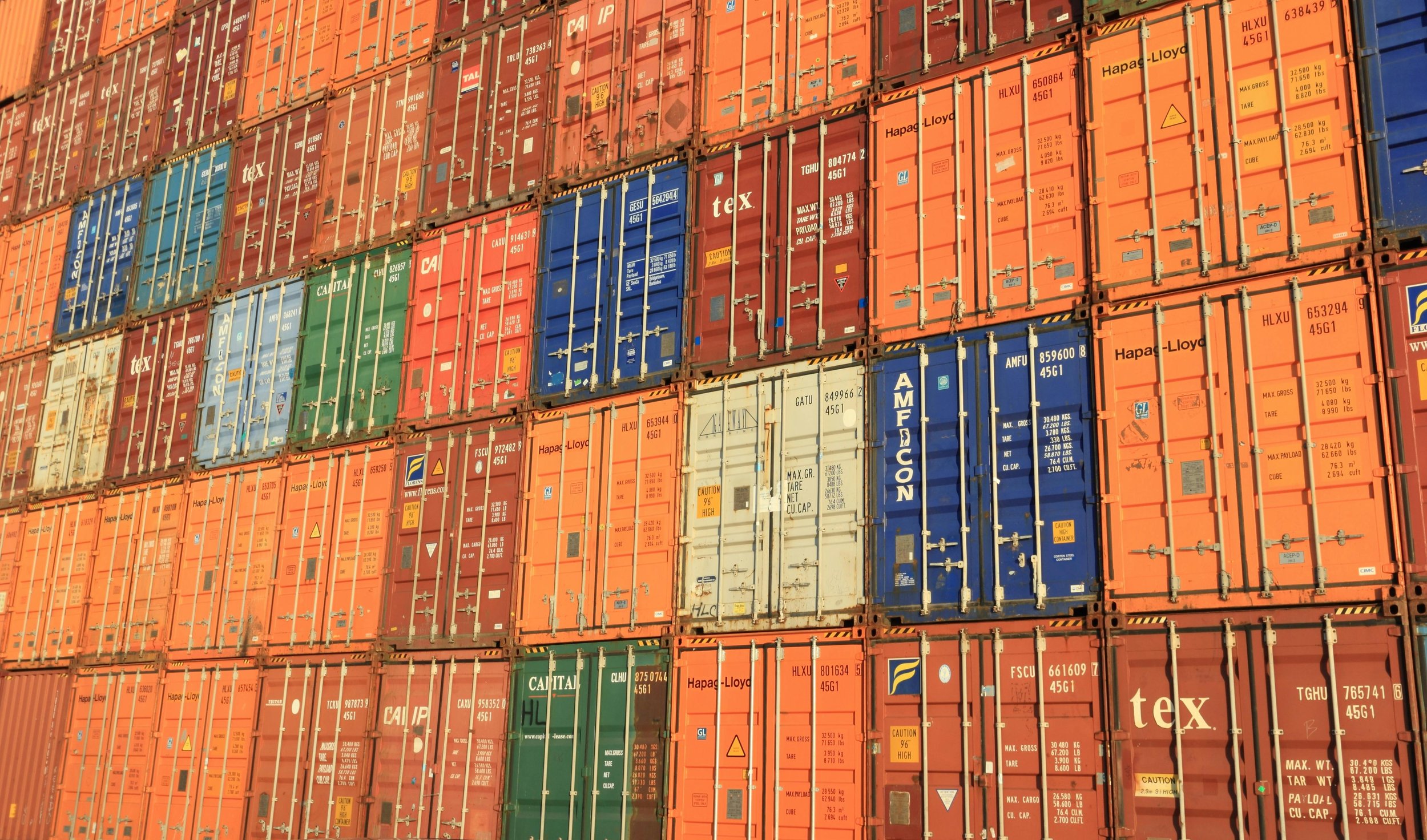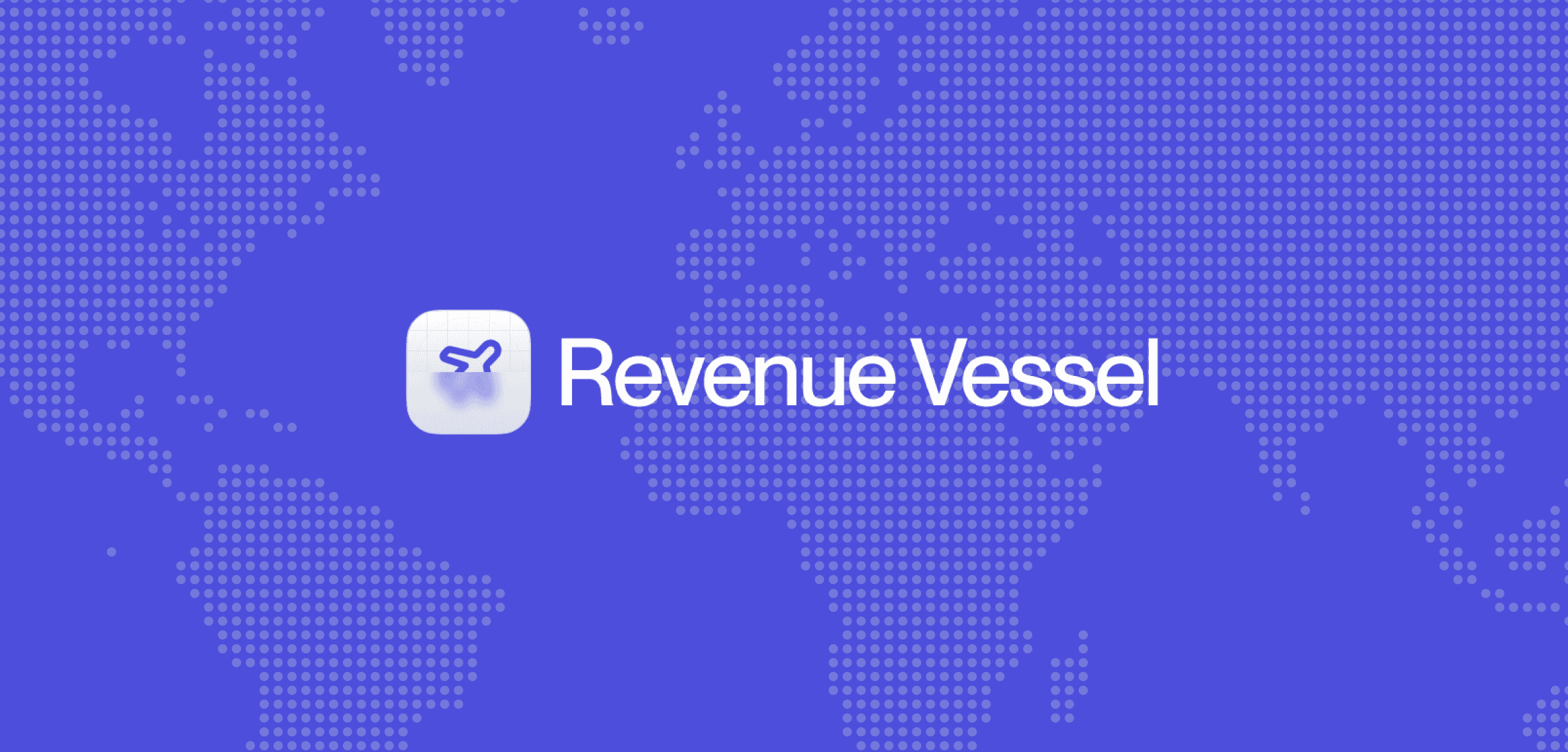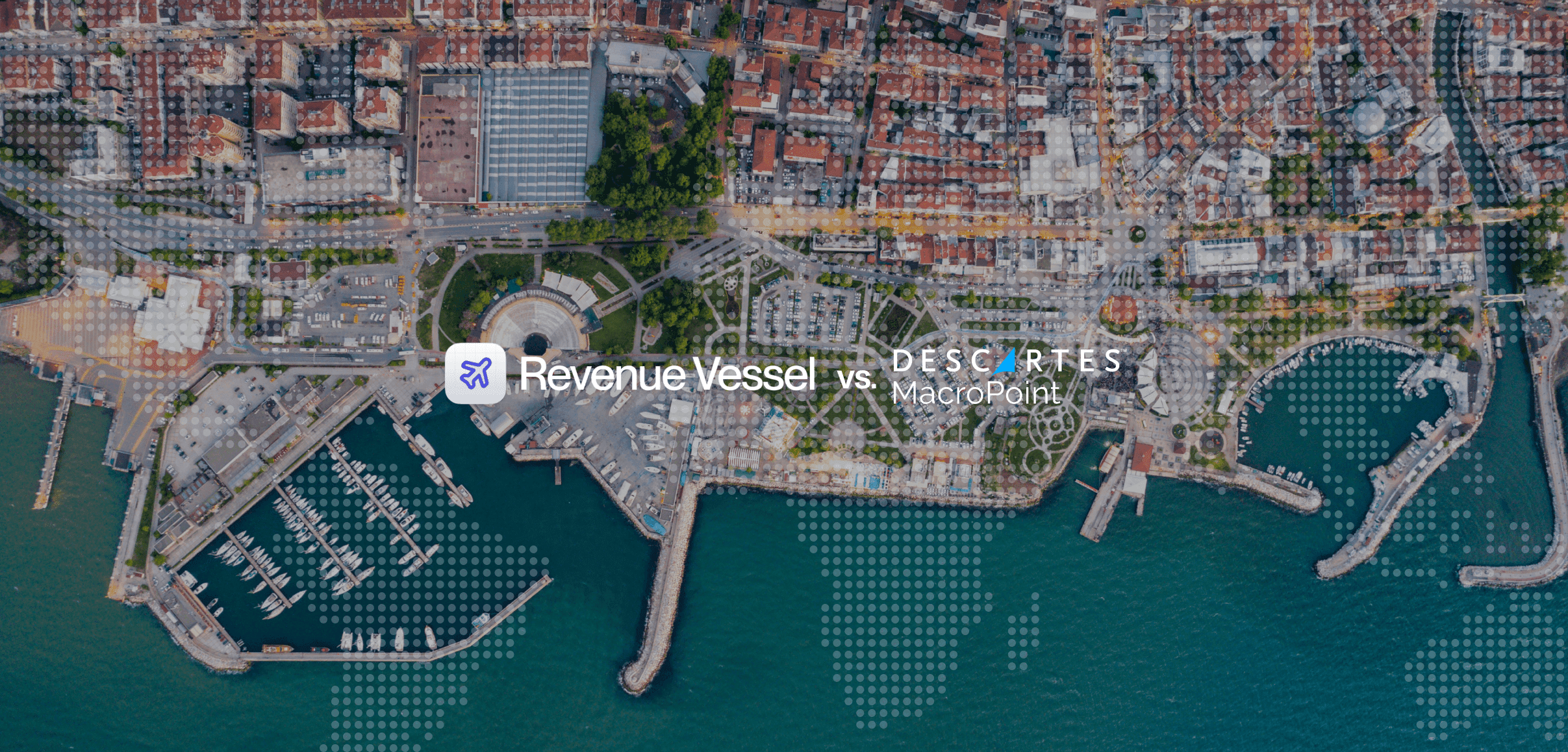Insights
As a logistics professional with over 20 years of experience in sales, I’ve seen firsthand how the right technology can accelerate business growth. Two platforms that are gaining traction in the industry are NetCHB and Revenue Vessel. While they cater to different needs within the logistics sector, both platforms bring unique advantages that can significantly streamline operations. In this article, we’ll take an in-depth look at the differences between NetCHB, a customs compliance platform, and Revenue Vessel, a sales-enabling solution for logistics teams, to help you make an informed decision.
Author:
Brian Li
Published on:
Oct 2, 2024
Both NetCHB and Revenue Vessel address specific pain points in logistics, but they do so from different angles.
NetCHB focuses on customs brokerage, providing automation for customs filings and helping companies comply with regulations in an increasingly complex environment.
Revenue Vessel, on the other hand, is built for logistics sales teams, designed to drive growth by leveraging detailed trade data for lead generation and sales outreach.
NetCHB Features
NetCHB is built primarily for managing customs filings, automating workflows that ensure accurate documentation and regulatory compliance. Key features include:
Customs Brokerage Software: Automated filing with U.S. Customs and Border Protection (CBP).
Document Management: Organizing and storing important compliance documents.
API Integration: Seamless communication with other systems such as WMS (warehouse management systems) and freight management software.
NetCHB Pricing
Pricing for NetCHB typically depends on transaction volumes, making it a flexible option for both small brokerage firms and larger enterprises handling high volumes of shipments. While exact figures are often not public, NetCHB offers tiered pricing based on the number of filings processed, which allows businesses to scale usage as needed.
NetCHB Customs Compliance
One of NetCHB’s core advantages is its ability to ensure compliance with U.S. customs regulations, such as filing electronic entries via ACE (Automated Commercial Environment) and ABI (Automated Broker Interface). In an industry where fines and penalties for incorrect filings can be severe, NetCHB provides peace of mind by automating much of the complexity.
NetCHB Integration
NetCHB offers powerful integration options with existing logistics systems. Its API guide enables easy connections with third-party software, allowing logistics companies to embed customs filings into their broader operational workflow.
NetCHB Customer Support and Training
NetCHB offers robust customer support, including training resources and live assistance to ensure that your team can leverage the platform effectively. In addition, their NetCHB tutorial section provides step-by-step guides for common tasks, making it easier for users to navigate the platform.
Revenue Vessel Features
Revenue Vessel takes a different approach, catering specifically to sales teams within logistics companies. It provides rich trade data on importers, allowing sales teams to target leads more effectively. Core features include:
Lead Generation: Using U.S. import and export data to find high-potential leads.
Sales Campaigns: Tools to create targeted outreach based on regions, competitors, or customer profiles.
Integration: Revenue Vessel integrates with CRM systems and allows sales teams to build lists, monitor prospect activity, and optimize outreach strategies in real time.
Revenue Vessel Pricing
Revenue Vessel offers a more customizable pricing structure, based on the number of users and the breadth of data accessed. This is especially helpful for mid-to-large logistics providers looking to arm their sales teams with a comprehensive data solution.
Customs Compliance vs. Sales Enablement
The most significant difference between NetCHB and Revenue Vessel lies in their focus:
NetCHB: Primarily focuses on customs compliance for brokers and logistics companies, automating customs filings and ensuring regulatory adherence.
Revenue Vessel: Designed for sales teams, with a focus on generating and tracking leads, creating campaigns, and building a robust sales pipeline.
Integration and API Capabilities
NetCHB integrates seamlessly with customs systems, while Revenue Vessel focuses on integrating with CRM and sales management tools to enable faster, more effective outreach.
Both offer API integration guides that allow businesses to embed their capabilities into broader logistics and sales workflows, though the emphasis of the integration differs.
For companies looking to implement NetCHB successfully, it’s crucial to:
Leverage Custom Workflows: Tailor the platform’s workflows to your specific customs requirements.
Train Your Team: Utilize NetCHB training resources to ensure that your staff is well-versed in filing customs entries efficiently.
Maximize API Use: Integrate the platform with your existing systems, including warehouse management software or transport management systems.
NetCHB for Logistics: Is It the Right Fit?
If your company handles a large volume of imports and compliance is a priority, NetCHB’s customs brokerage software may be the ideal solution. Its features are designed to minimize errors and ensure customs filings are completed correctly and on time. NetCHB warehouse management integrations further streamline operations for logistics companies with storage and distribution components.
Revenue Vessel for Sales Growth: An Alternative to NetCHB?
For companies focused on driving revenue growth through strategic sales efforts, Revenue Vessel provides an entirely different value proposition. Its ability to deliver data-driven sales insights can significantly enhance your ability to target the right prospects and grow your business.
The choice between NetCHB and Revenue Vessel largely depends on your business needs:
Choose NetCHB if your company’s priority is compliance and customs brokerage.
Choose Revenue Vessel if you are looking to grow sales and optimize your sales outreach.
Both platforms are valuable in their respective domains, and for businesses that operate both customs and sales functions, using both NetCHB and Revenue Vessel could be the ideal combination for maximizing operational efficiency and growth.
By understanding the specific features, strengths, and limitations of each platform, you can make an informed decision that aligns with your company’s operational and growth objectives. NetCHB and Revenue Vessel each play vital roles in the logistics ecosystem, and leveraging the right tool can ensure that your business stays competitive in an ever-evolving industry.
We also have a guide on Cargowise vs. Revenue Vessel, Import Genius and Panjiva vs. Revenue Vessel, Magaya vs. Cargowise, and a review of Magaya.
About Us
Revenue Vessel is a leading provider of import data solutions designed to enhance sales and identify new leads in the logistics industry. They offer a platform that enables businesses to launch strategic campaigns, streamline sales cycles, and utilize modern prospecting tools tailored for freight. What makes Revenue Vessel unique is its ability to simplify data integration and prospecting, making it easier for companies to harness the power of import data effectively. Schedule a demo today and see how we can help your team close more deals, faster.


















